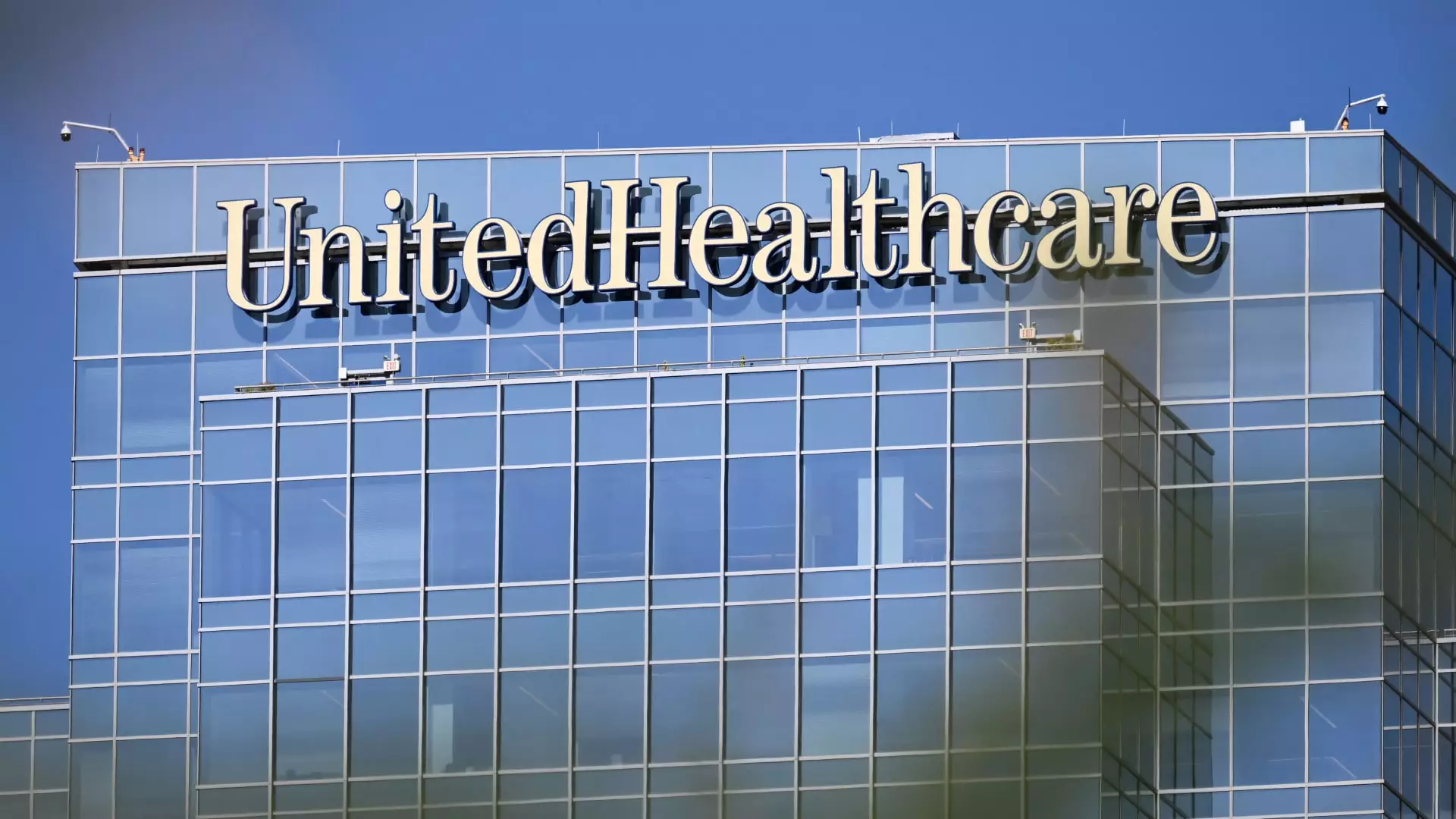The landscape of leadership in major corporations often changes in response to various pressures, whether they be financial, ethical, or security-related. This week, UnitedHealthcare made a significant move by naming Tim Noel as its new CEO, an event underscored by a tragic backdrop: the murder of his predecessor, Brian Thompson, last December in Manhattan. The decision to place Noel at the helm signifies not just a shift in leadership but also an opportunity for the company to reformulate its approach to healthcare, especially in a climate fraught with consumer unrest and scrutiny over the insurance sector.
Tim Noel’s journey with UnitedHealthcare began in 2007, and he has since amassed a considerable breadth of experience within the company, particularly in its Medicare and retirement division. This segment plays a crucial role within UnitedHealthcare, which is the largest health insurer in the U.S. and operates under the umbrella of UnitedHealth Group, the nation’s preeminent healthcare conglomerate with a market capitalization exceeding $480 billion. His appointment is framed by UnitedHealth Group’s public assertion that Noel possesses an “unparalleled experience” and a solid commitment to improving healthcare for a diverse array of stakeholders—including consumers, physicians, and government entities.
The broad scope of experience he brings, particularly in the Medicare Advantage space, could be advantageous as the organization navigates current challenges. Medicare Advantage plans have become a beacon of growth and profitability for insurers, but they are also mired in rising costs. Noel’s familiarity with these dynamics could play an essential role in charting a path forward for UnitedHealthcare.
The appointment of Noel emerges within a larger context of tumult for the healthcare industry. The shock and anger stemming from Thompson’s murder have resurfaced discussions surrounding the ethics and accountability of the insurance sector. The outrage has been particularly pronounced, with calls for not only heightened security for executives but also a more profound reevaluation of how healthcare services are delivered and compensated in the U.S. The broader industry, not just UnitedHealthcare, is contending with a considerable backlash from consumers and advocates who demand reform.
In response to safety concerns, many healthcare companies have ramped up security measures. For instance, UnitedHealth Group has taken the step of removing executive photos and personal information from its public platforms, signaling an acute awareness of the risks associated with its leadership. This change reflects a fundamental shift toward prioritizing safety amid heightened fears, a worry that extends to the general public’s attitude towards the healthcare system as well.
The financial repercussions stemming from these leadership changes and industry pressures cannot be overlooked. UnitedHealth Group’s recent quarterly results indicate a failure to meet Wall Street’s expectations, driven mainly by weaknesses in its insurance business. Despite a reported revenue increase to $400.3 billion in 2024—an 8% rise—it is clear the company faces uphill challenges. Projections for the current year estimate revenues between $450 billion and $455 billion, but growth in Medicare Advantage expenses poses further risks.
During an earnings call, Andrew Witty, the CEO of UnitedHealth Group, articulated the complexities of the U.S. healthcare system, emphasizing that it needs to operate more efficiently and effectively. While he acknowledged the burdensome costs patients face, he stopped short of critiquing the company’s own profit-driven frameworks, an omission that raises questions about the corporation’s commitment to structural reforms.
As Tim Noel steps into the role of CEO, he occupies a position that is as challenging as it is pivotal. The confluence of personal tragedy, industry scrutiny, and the imperative for reform presents a unique set of challenges for leadership in healthcare. The future of UnitedHealthcare will depend significantly on how effectively Noel can steer the organization through this tumultuous period, balancing profitability while attempting to meet the rising expectations of consumers for transparency, safety, and better healthcare solutions. Only time will reveal whether UnitedHealthcare will emerge from this crisis with renewed purpose or continue to struggle under the weight of its past and present complexities.

